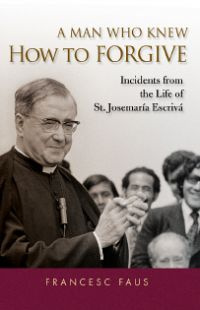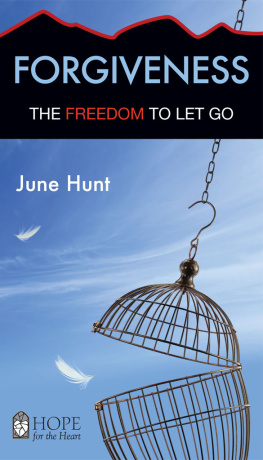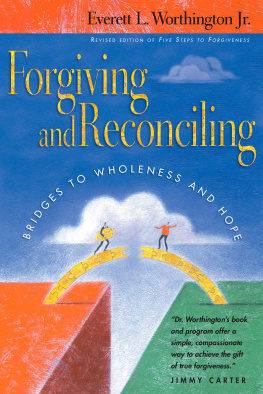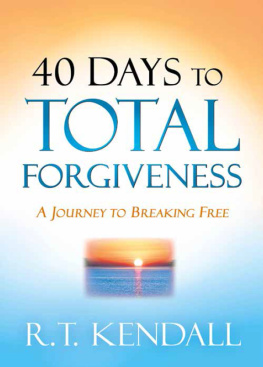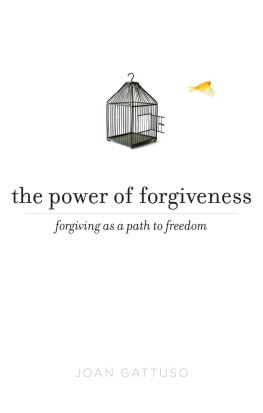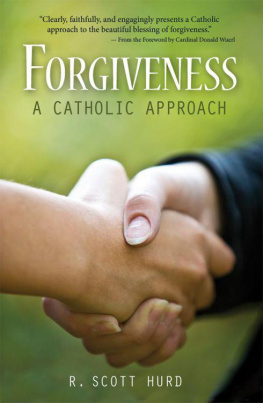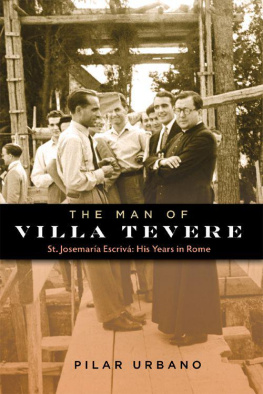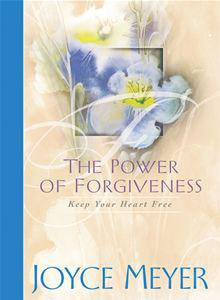A MAN WHO KNEW HOW TO FORGIVE
Incidents from the Life of St. Josemaria Escriva
Francesc Faus

Copyright 2011, Francesc Faus
The total or partial reproductionof this book is not permitted, nor its informatic treatment, or thetransmission of any form or by any means, either electronic, mechanic,photocopy or other methods, without the prior written permission of the ownersof the copyright.
Copyright 2011, ScepterPublishers, Inc. P.O. Box 211, New York, N.Y. 10018 www.scepterpublishers.org
Text design by Rose Design
Printed in the United States ofAmerica
ISBN: 978-1-59417-153-6
CONTENTS
INTRODUCTION
A man who'd suffered theloss of several family members killed by the militia during the Spanish CivilWar was deeply troubled. Gripped by turbulent emotions, he decided to have alarge roadside cross placed at the spot where they had died to recall the crimecommitted there. To him it seemed an act of justice to keep that atrocity fromever being forgotten.
Whenhe spoke of his plan to a priest, he received disconcerting advice: "Youshouldn't do it, because your motive is hatred. It would not be Christ's Cross,but the devil's." The cross was never placed there, and the man learnedhow to forgive.
Toforgive another person is one of the most difficult human acts. Injusticeprovokes a passionate reaction, and often it can seem that forgiving the otherperson would be a mistake condoning an act of aggression or accepting aninjury in a cowardly fashion. Forgiving someone also is hard because, far fromindifference or coldness in the face of evil, it means suffering a real"wound" and then pardoning the other from one's heart. That may bewhy people sometimes say forgiving can be beyond human strength.
Yetto live without forgiving would be inhuman; a person who refuses to forgivehurts only himself in the end. But how can we always forgive? How can we acceptthe past and bear with hurtful experiences? There are no easy answers. The pathto forgiveness is never easy. Each of us must find his own way.
Thisbook offers some stories of forgiveness from the life of the priest justmentioned, Josemaria Escriva, the founder of Opus Dei. Canonized in 2002 byPope John Paul II, he is a modern-day saint who made a lifelong effort to learnever more perfectly the secret of forgiveness from the One who, nailed to across, prayed, "Father, forgive them for they know not what they do."
Theevents related here are grouped in three periods of time: before, during, andafter the Spanish Civil War. This conflict, the most important event of thetwentieth century in the civil and political life of Spain, is considered bymany historians to have been the opening phase in what would soon become theSecond World War.
PartI
FORGIVING AMID ACLIMATE OF HATRED
A young and poor student
Josemaria Escriva was ayoung priest, twenty-nine years old, when in 1931 the lowering clouds of hatredand violence foreshadowed the imminent onset of what would become acatastrophic civil war.
InMarch 1925, at the age of twenty-three,he had been ordained a priest inSaragossa. In April 1927 he moved to Madrid with his widowed mother, DoaDolores, and his sister and brother, Carmen and Santiago, to pursue a doctoratein law. In Madrid, while studying for his doctorate, he dedicated himselfintensely to the service of the poor and abandoned in the outskirts of the cityand the incurably sick in public hospitals. He also gave classes of Roman lawand Canon law in the Cicuendez Academy, which provided the small salary withwhich he tried to support his family. After his father's financial ruin anddeath, his family had experienced hard times, and often suffered real want.
Therein Madrid on October 2, 1928, with social and political unrest alreadybeginning to emerge, Josemaria had seen what his mission on earth was to be:opening up in the middle of the world a "path of holiness in professionalwork and in the fulfillment of the Christian's ordinary duties," as aprayer card asking for St. Josemaria's intercession puts it. This"path," later to become known as Opus Dei, offered a new ideal, whichseemed revolutionary at the time: the possibility for any Christian to becomeholy in everyday life among the professional, family, and social relationshipsthat make up most people's ordinary life.
Tounderstand this "man who knew how to forgive" it will help briefly tosketch the atmosphere of hatred, intransigence, and violence, so opposed toreconciliation and forgiveness, oppressing Spain in the years immediatelybefore the civil war and during the three years of that bloody conflict.
Darkening clouds
In circles close to thefar-right party of Fascist inspiration called the Falange, the conviction wasgrowing that the only dialogue possible with the radical leftthe socialists,anarchists, and communists, who were united by the coalitions of the governmentof the Republicwas "the dialectic of fists and guns."
Atthe same time, in the agitated ranks of the anarchists and the communists,still intoxicated by the recent victory of the Communist revolution in Russiain 1917, it was not unusual to hear someone say that Spain's problems wouldonly be solved "on the day the last priest was strangled with theintestines of the last bishop."
Thepropaganda of the far left, emanating from the mixed coalition that formed thegoverning Popular Front, exacerbated the hatred and prejudice against religion.Hadn't Marx himself defined religion as the "opium of the people?"Wasn't Christianity being implacably persecuted in Russia? The Church and theclergy were seen as agents of reaction to be eliminated. Messianic andantagonistic ideologies, closed to any possibility of dialogue, were the orderof the day.
Thegreat majority of the population did not agree with these extreme ideologies.After free elections, a centrist coalition held power for a short time. But thePandora's box of extremism had been opened, and the streets of Madrid,Barcelona, and other cities were already stained with the blood of the dead ofboth sides, while the "people's militias" left churches and conventsin flames.
OnMay 11, 1931, smoke from the burning of ten convents and monasteries darkenedthe sky of Madrid. Similar events took place the following day in many Spanishcities, and over a hundred monasteries and convents were set ablaze. The civilauthorities proved helpless to contain the situation. In October 1934, anunsuccessful coup d'etat in Asturias resulted in the destruction of 58 churchesand the killing of 34 priests.
ThePopular Front government was relentlessly taken hostage by extremists whoseeagerness to do away with religion and priests led to open persecution ofCatholics. Thus Catholics had no alternative but to join, often unwillingly,the side opposed to the government of the Republic.
It iseasy to imagine the heightened tensions and political fervor among young peopleand adults during those years. Josemaria Escriva had begun to spread theChristian ideals of Opus Dei among university students and workers, but it wasslow going and very few responded at first. When the war broke out, the membersof Opus Dei numbered fewer than a dozen: all were young people, most of themstudents, at an age when passions are strongest.
Amidthese polarizing currents, Josemaria Escriva created around him an atmosphereof reconciliation and friendship, with respect for all social and politicalpositions defensible by a Catholic, along with a serene understanding of thosewho held ideological views incompatible with or even aggressively opposed toChristianity. He thus made a reality in his own life the motto of St.Augustine: Interficereerrorem, diligere errantem. "Fight error, but love theperson who is in error." For Josemaria, fighting error meant knowing howto dialogue and learning to listen with patience and respect to those who donot agree with oneself.
Next page
